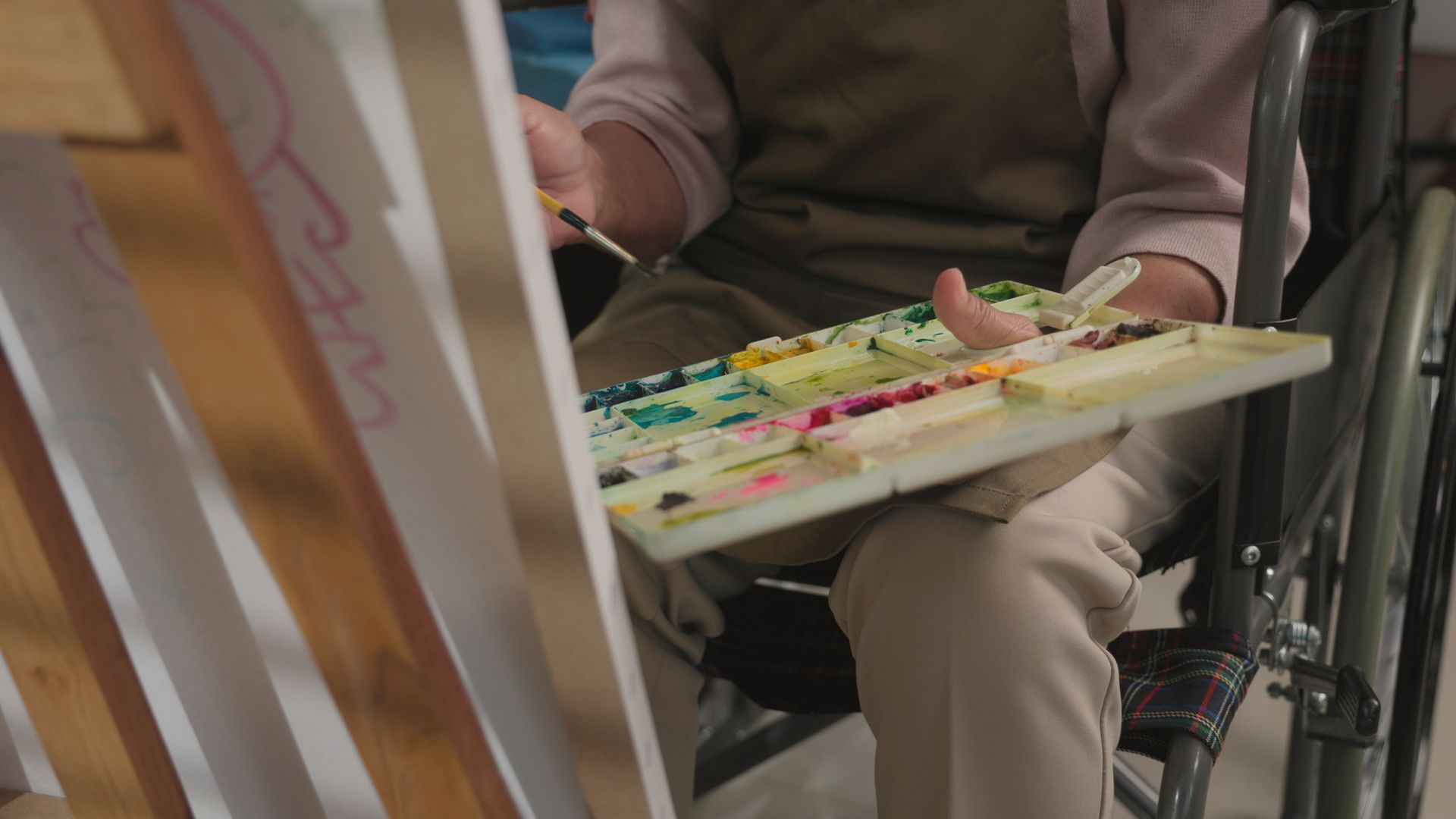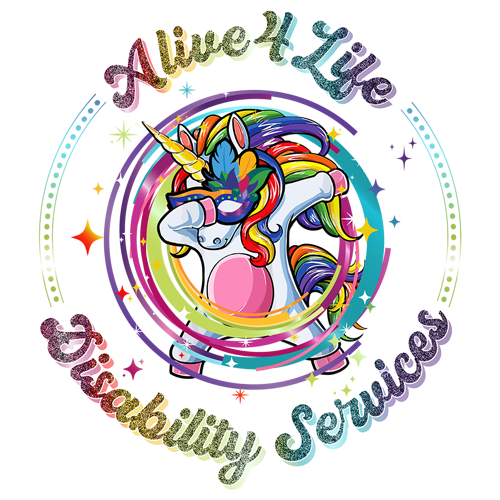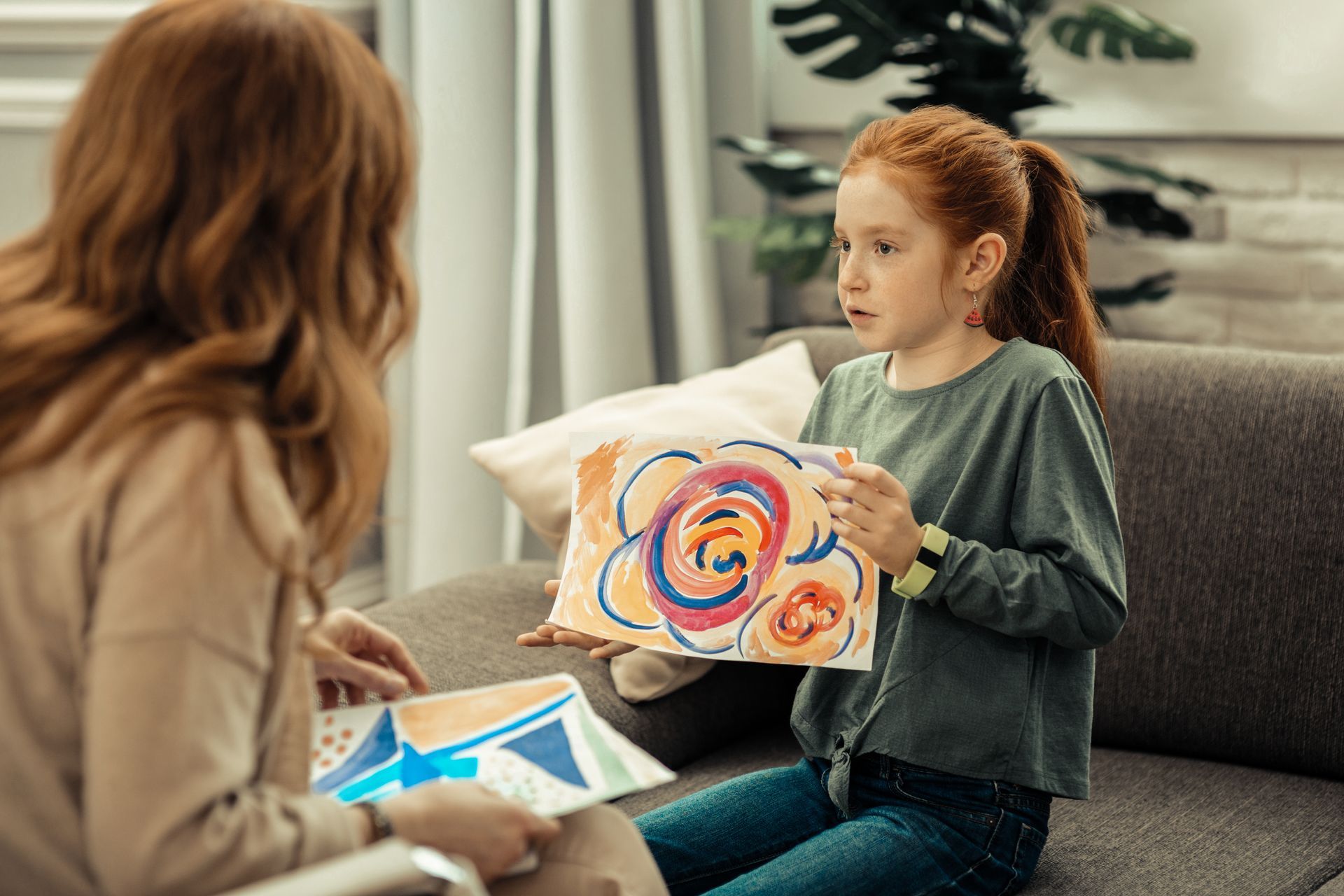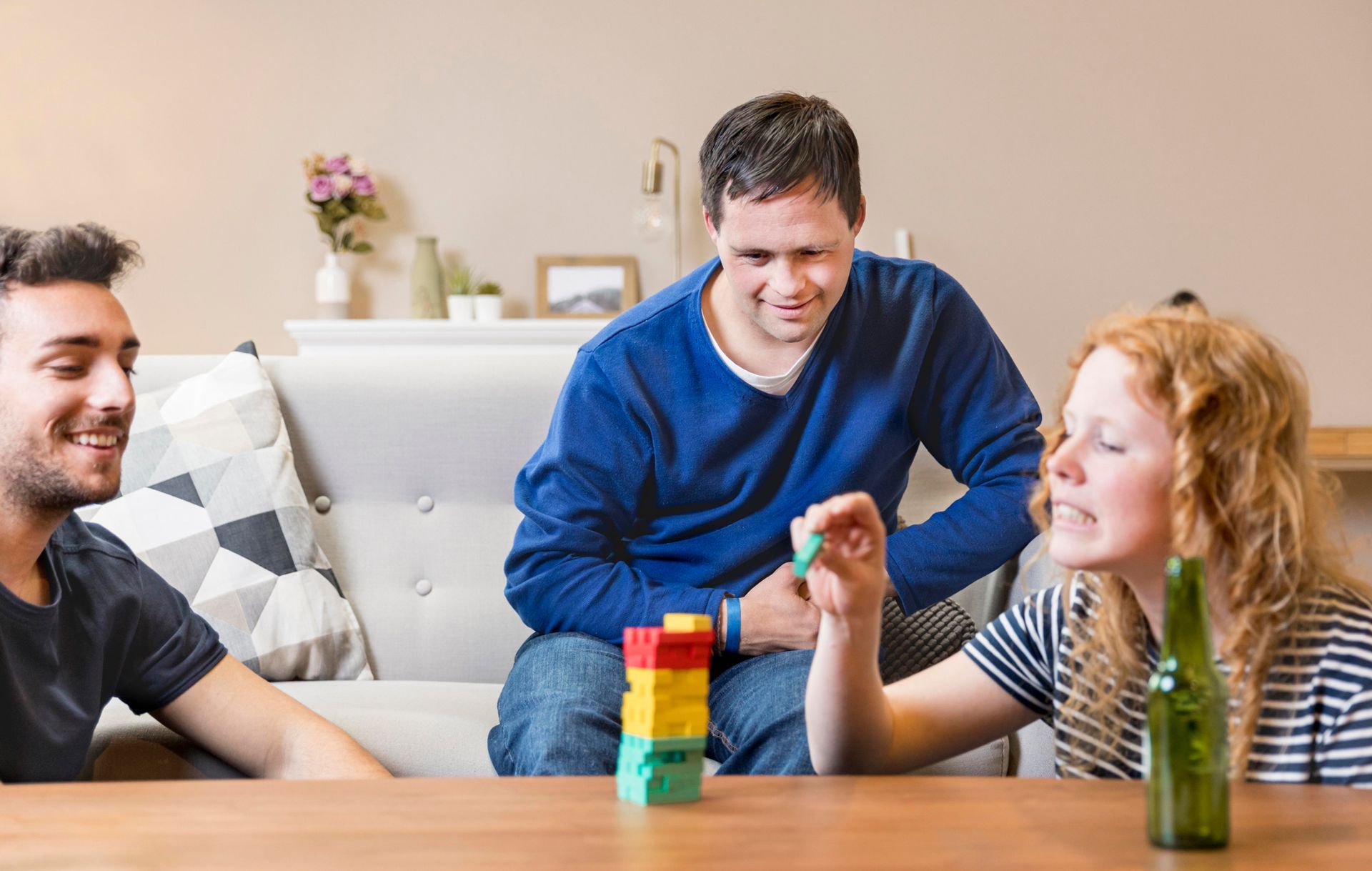Want to understand more about how the NDIS supports art therapy? This article will explore all you need to know about NDIS art therapy, including how you can access NDIS funding for art therapy services.
Art therapy is a form of psychotherapy that uses creative processes to improve the emotional well-being and overall quality of life of an individual with a disability. If you think art therapy can help you or a loved one with a disability achieve your life goals, the National Disability Insurance Scheme (NDIS) can provide you with the right support.
In this blog, we will find out if the NDIS funds art therapy, how the NDIS supports it, the benefits that it offers to people with disabilities, as well as the qualifications to become an art therapist.
Will the NDIS fund art therapy?

There are various therapy services that the NDIS covers including occupational therapy, physiotherapy, speech therapy, and exercise physiologist. But apart from these therapies, the NDIS also offers funds for other therapeutic supports such as arts therapy, music therapy, play therapy, and social skills training.
In order for the NDIS to fund art therapy, the NDIS participant must be able to prove that it is reasonable and necessary. Generally, if you can prove that a therapy will achieve the anticipated results and align with the goals and objectives in your NDIS plan, the NDIS should consider funding it.
Under which category in the NDIS does art therapy fall into?
Under the National Disability Insurance Scheme (NDIS), art therapy can fall under the category of "Improved Daily Living". In this capacity-building category, people with mental health disabilities can increase their skills, independence and community participation through assessment, training, or therapy.
With the help of this emotional and physical integration, the NDIS acknowledges the impact of creative art therapy on one's mental health, cognitive function, and overall well-being. These services can be provided either in group settings or on an individual basis.
How does the NDIS support art therapy?
Art therapy is designed to help people with physical or mental disabilities address their condition in a healthy way. Given the numerous benefits of how it can positively impact the quality of life of each individual, arts therapy can be accessed as a supported service within the NDIS budget.
NDIS participants should establish life goals as an integral component of their NDIS plan. They will then be assessed by a registered NDIS provider so they can be allocated with NDIS funds to access art therapy services. This funding can be managed in three ways - NDIA managed, plan managed, or self-managed.
After the assessment, the NDIS allocates a budget that is intended to support their life goals. Participants can then use this budget to access a variety of services and supports, such as creative arts therapies conducted by mental health professionals or qualified art therapists.
What are the benefits of art therapy to people with disabilities?

Art therapy is a form of psychotherapy that is designed to help individuals with physical or mental disabilities explore their emotions, thoughts, and feelings through the art-making process. Through art therapy, individuals can express themselves in a non-verbal way and learn to better understand themselves and their problems while finding healthier solutions for dealing with them. Moreover, arts therapy also helps individuals to:
- develop self-awareness
- encourage self-expression
- increase self-esteem
- overcome mental health issues
- improve physical well-being
- manage emotional well-being
- reduce stress and anxiety
- improve cognitive function
- enhance communication skills
- enrich daily living skills
- develop social interaction skills
What are the qualifications to become an art therapist?
Under the NDIS, art therapy is classified as an Allied Health Provider, which means that art therapists and mental health professionals who are working for NDIS-registered providers should meet the required standards in order to be qualified to use arts therapy in their therapeutic practice. To qualify, the Allied Health Professions Australia (AHPA) requires an individual to have:
- An undergraduate degree or other qualification considered suitable by the institution offering the Art Therapy program
- Completed 2 years of Master's Degree
- Completed a minimum of 750 hours of clinical placement
For employment, the art therapist is required to have:
- Membership with the professional body, the Australian, New Zealand, and Asian Creative Arts Therapies Association (ANZACATA).
- Complete ongoing professional development requirements and adheres to the code of ethics
Takeaway
The NDIS recognises the impact of art therapy as an effective intervention in enhancing the overall quality of life of individuals with disabilities. Classified as an allied health service, art therapy can be included as a support option within the individual's NDIS plan, granting them access to NDIS funding for art therapy sessions in Campbelltown or creative art therapy in Wollongong.
By receiving the necessary support from the NDIS, participants can be provided with a safe environment where self-expression is encouraged. The art therapist uses different activities such as drawing, painting, dancing, sculpting, listening to music, and many more to reach their goals in managing one's mental health, learning disabilities, physical disabilities, or other challenges.
Creative Art Therapy in Wollongong & Campbelltown
At Alive4Life Disability Services, we offer art therapy in our Wollongong and Campbelltown locations to help individuals with disabilities reach their goals and live a more meaningful life. Our creative process allows them to explore their emotions in unique ways, and gain a better understanding of their lives. This can help build their self-esteem and confidence, explore new forms of communication, work through emotional responses, develop problem-solving skills, reduce stress levels and generally help them grow as better individuals. To learn more, give us a call.


About Alive4Life
Alive4Life Disability Services provides support and services to enhance the quality of life of NDIS participants and their families across Campbelltown and Wollongong.







